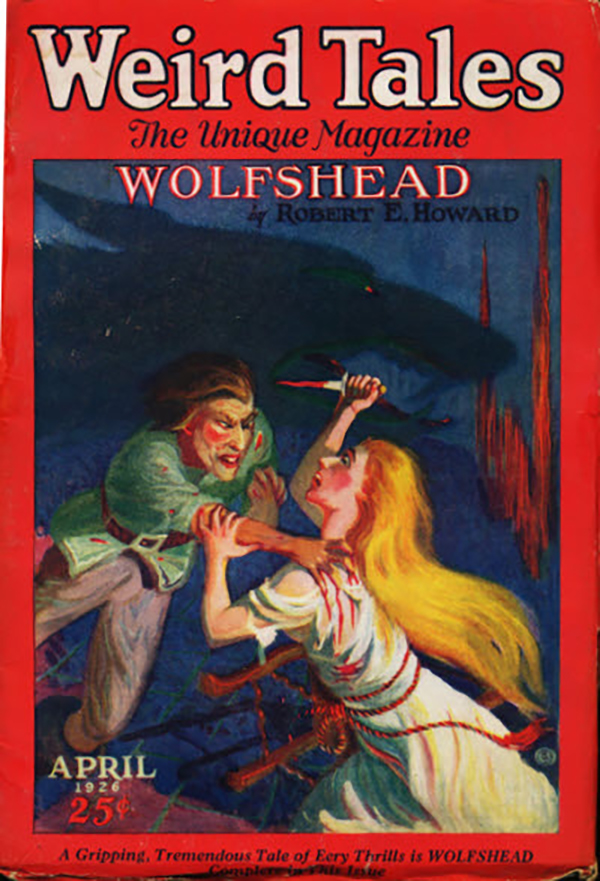

Ludwig already had the perfect location picked out, a rocky promontory near his childhood castle with 360-degree views of pristine Alpine lakes, lush valleys and towering peaks. It was then, historians believe, that Ludwig decided to retreat into a fantasy kingdom in the Alps dedicated to Wagner, an alternate reality in which he could play out his operatic daydreams full of Christian knights and magical swans. Wagner couldn't have predicted it, but just two years later in 1866, Bavaria and Austria suffered a humiliating defeat to Prussia in the Seven Weeks' War and Ludwig was stripped of all real power. "You cannot imagine the magic of his regard: if he remains alive it will be a great miracle!" He is unfortunately so beautiful and wise, soulful and lordly, that I fear his life must fade away like a divine dream in this base world," wrote the composer. When they met, Wagner didn't know what to make of the otherworldly Ludwig. Wagner, who was in dire financial straits, eagerly accepted Ludwig's invitation, and the young king became one of the composer's chief patrons. Wagner was also obsessed with German medieval legends and even wrote an opera version of the Lohengrin story in 1850.

Unprepared for any serious political leadership, one of the first things Ludwig did as king was to invite his musical idol Wagner to come to Munich for an opera festival. When Maximillian II died suddenly in 1864, Ludwig was thrust into power at only 18 years old. Hohenschwangau, built in 1832 in the Gothic style, was decorated with paintings drawn from medieval German legends and poetry, and young Ludwig particularly identified with Lohengrin, a legendary knight of the Holy Grail who traveled on a boat pulled by swans. Alexander palace forums/Wikimedia Commons


 0 kommentar(er)
0 kommentar(er)
